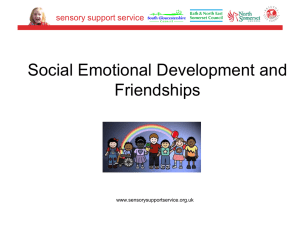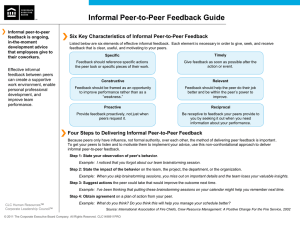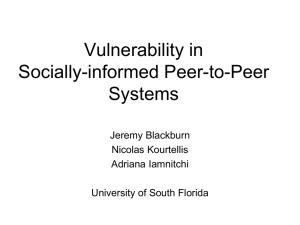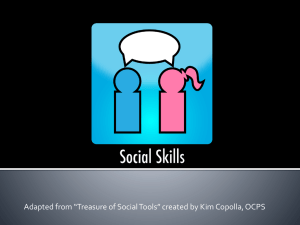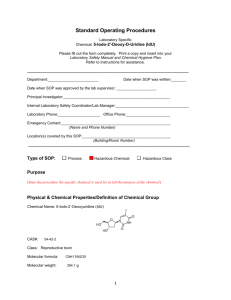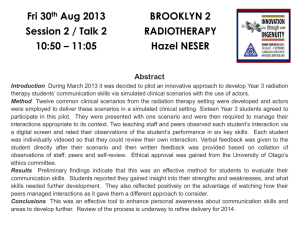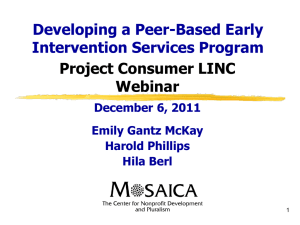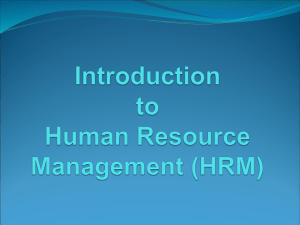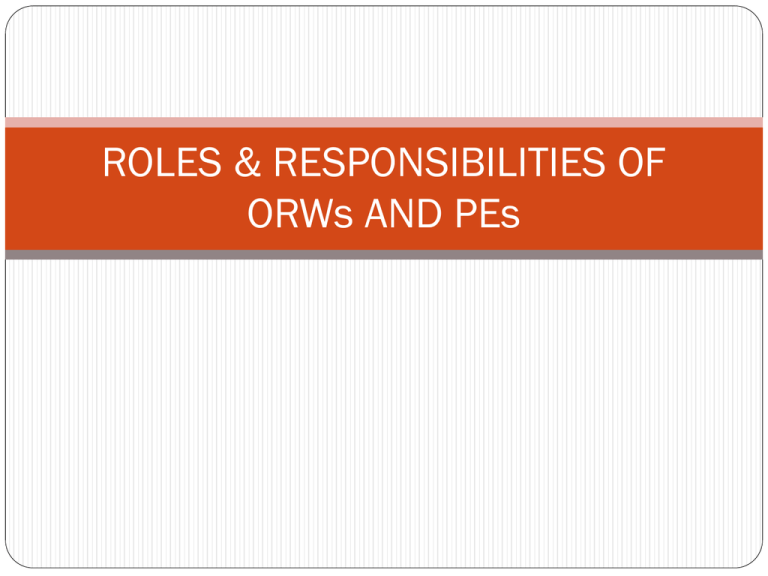
ROLES & RESPONSIBILITIES OF
ORWs AND PEs
WHO CAN BE AN ORW?
An ORW should:
Preferably be from drug using community (ex-user and/or undergoing
OST)
Be a local resident of the project area
Know the local language
Should understand the local cultural and social context
Be able to read and write
WHO CAN BE A PE?
A current/active user:
Who exhibits the aptitude and desire to work among peers
Belonging to vast networks is ideal
Should be a local resident of the project area and have a good
understanding of the drug use context of the area
Should have the goodwill of his peers (should be accepted by peers)
Should know local language
QUALITIES OF AN ORW
An Outreach Worker should:
Have strong commitment to work with IDU
Have respect for IDU and their partners
Have ability to reach and relate to IDU on their terms, and
communicate concern
Exhibit potential and confidence for leadership
Be flexible in approach to various lifestyles of IDU
Be able to follow directions, yet take initiative
Maintain confidentiality
CONTD.
An Outreach Worker should:
Be able to take risks and discern when risks are unacceptable
Be able to work alone as well as in a team
Be tough-minded but not judgemental
Be stable, mature and creative
Have communicative, organisational and record keeping skills
Have the ability to network and familiarity with health and
social services
QUALITIES OF A PE
A Peer Educator should:
Have ability to remain non-judgmental
Exhibit active concern for peers
Maintain confidentiality
Demonstrate good listening and learning skills
Be eager to establish oneself as IDU role model; ability to influence
‘peer norms’
Have the ability to control their drug use at work
ROLES AND RESPONSIBILITIES OF ORW
Develop work plan
Identify Peer Educators and stakeholders
Meet regularly with Peer Educator
Build capacity of, monitor and supervise PE
Provide education on HIV/AIDS, STI, BBV, safer injecting,
safer sex practices, sex, sexuality and gender, overdose,
importance of early treatment and services available
Engage in analysis & problem solving
CONTD.
Ensure regular and uninterrupted delivery of harm reduction
materials
Engage in risk reduction/behaviour change communication
Initiate formation of IDU support groups, facilitate group/s
meetings and foster activities that strengthens group bonding
cohesion
Organize advocacy/meetings
ROLES AND RESPONSIBILITIES OF PE
Initiate contact with peers (rapport building) and maintain regular contact
in a planned manner
Support sharing of information within networks and between networks
Facilitate linkages between peers and project (workers and services)
Educate peers on STI/HIV, and other BBVs, harm reduction etc. through
one-on-one and one to group sessions
Conduct individual risk assessment of peers
CONTD.
Teach peers to negotiate safer injecting and safer sex
practices
Deliver (and assist peers to access) harm reduction services
such as NSEP, STI etc.
Assist in referrals to ICTC/DOTS and allied health care
services;
Represent peer interests at various platforms
Motivate peers to join/participate in support groups
activities and facilitate the group development processes


